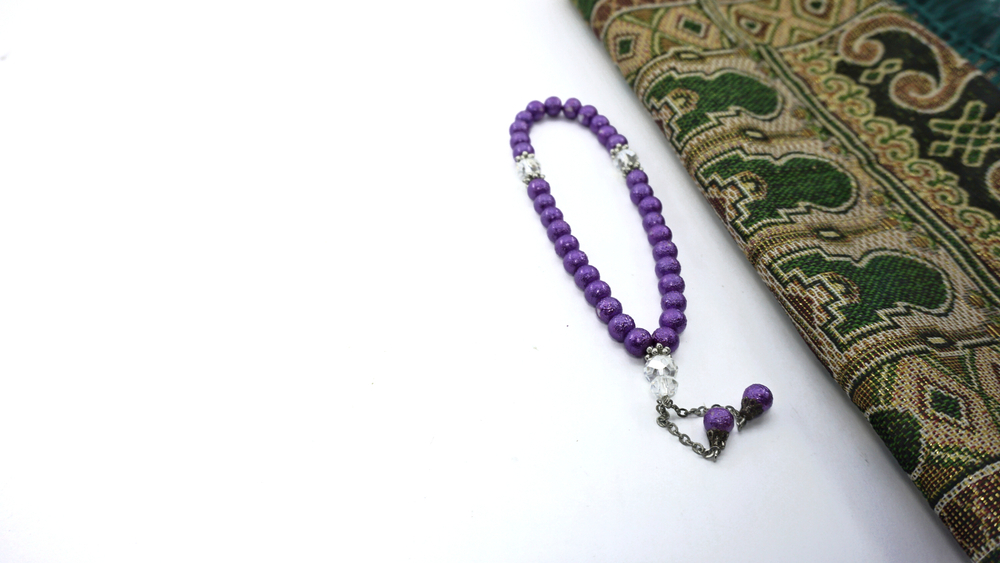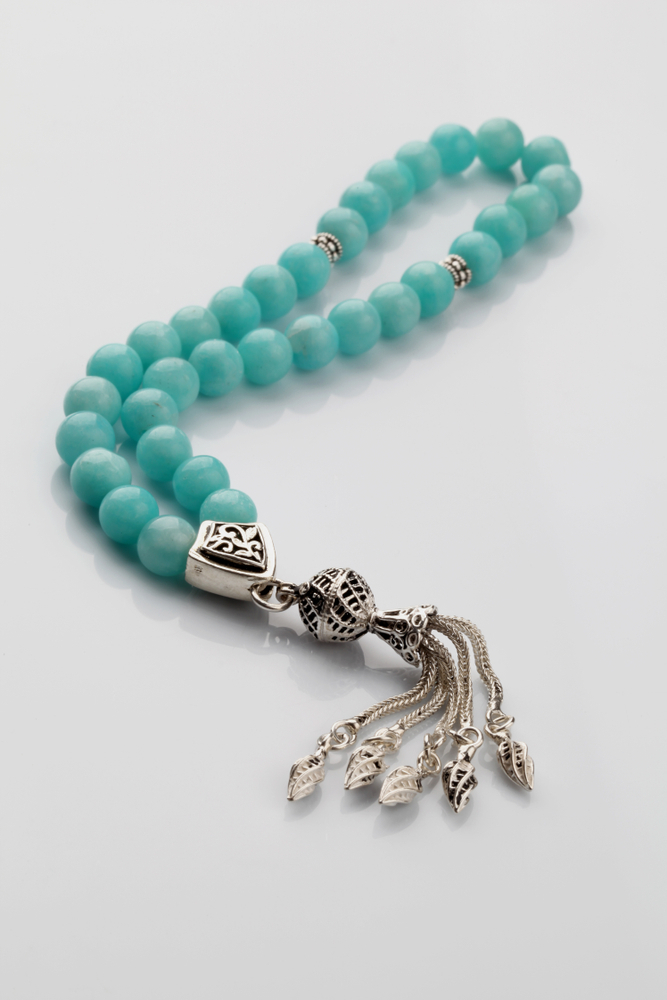Muslim Prayer - Islamic Rituals and Traditions

Muslim Prayer Beads

Tasbih, Dhikr, and Salah are three Islamic terms that can be interchanged without losing meaning. Tasbih means worship or prayer, salah means Salah, and tasbih means ritual or action. The word for prayer in Arabic is "Ruj al-Daulma" while the word for worship in Arabic is "Ruj awd al-Ma'zi". These three terms, taken together, mean 'ritual of God'. This article briefly covers the differences between tasbih, salah, and tasbeeh beads.
As in the case of all Islamic terms, tasbih means to praise God. One way to praise God is by reciting the sacred Arabic alphabet. Recitation of any verse of the sacred text is an act of tasbih. Therefore, tasbih in this sense does not only mean reciting the sacred text; it also means reciting the sacred Arabic alphabet. A traditional way of reciting the alphabet is by taking one tasbih stone or by using a stringed instrument like a kameez or earthenware cup.
In Islamic rituals and traditions, Muslim prayer beads (tasbih) means Salah, which is a prayer made by a Muslim when he is called upon to do some service, whether professional or personal. The basic purpose of Salah is to ask God for help and to be guided. This is different from the purpose of tasbih, which is to recite a sacred script. Therefore, in addition to the Akbar of the Qafis (guards) mentioned above, a Salah must also include the recitation of a Quran or a Hadith.
Tawaidh is an important part of many Salah rituals performed by mujahedeen, or Muslims. This is the prayer that is performed right before going to bed at night. Two Arabic letters, drama, are pronounced, and they form a five-lettered word, which means "prayer". Another translation of tasbih, which is commonly used in the Arabic language, is "recite"; because it is only in Arab-speaking countries that the prayer of Arabic is known as tasbih.
Another way of saying tasbih in Arabic is Aruba, which is the name of the holy city in the Persian language. Aruba is located on the coast of Morocco, and its name came from an old Arabic phrase, meaning "praise God". The Christian religion played an important role in spreading the Arabic language all over the world, although Islam is believed to be the true language of God. Consequently, tasbih can also be called "God's prayer" in many Islamic countries. An Arabiya is someone who follows the guidelines of Islam; hence, tasbih (Arabic for "world peace") is an important part of that.
Tasbih has a wide variety of connotations among the Arabic peoples. On the one hand, there is the classical meaning of tasbeeh beads, which is good fortune. On the other hand, there is the mystical meaning of tasbih, which is associated with the Maqta of the Arabic religion. Maqta is considered the ancient symbol of God's oneness, and prophet Muhammad (SAW), the holy prophet, is believed to have received this special divine message from Allah (Arabic) through Maqta. Therefore, both the classical and the mystical meaning of tasbih are significant to many Arabic Muslims.

Many Arabs believe that tasbih has a divine meaning. It is supposed to bring about tranquility and to dispel worries and fears from the mind. Therefore, a Muslim must recite tasbih whenever he wants to pray or obey God. Reciting tasbih (or Aruba) is therefore a religious obligation and not merely a personal ritual. In the case of Muslims who reside in Western countries where there is no constitution or national prayer ban, they are allowed to recite tasbih whenever they want to. However, they must recite it according to the rules of their country, where they live.
Muslims living in the western part of the globe, in particular, should keep in mind that tasbih beads, prayer thirty-three times a day, is considered to be an important part of their faith. To them, it is proof that their prayers are being answered. The hadith bears witness that Prophet Muhammad (SAW) taught his followers to perform tasbih on the day of each prayer so that the blessings of Allah might be properly manifested. And it is also agreed by many scholars that the act of tasbih, which started as a deliberate act, came into its true essence when Islam spread all over the world and touched the hearts of all its people. Truly, tasbih, as part of the faith, is a blessed ceremony.



